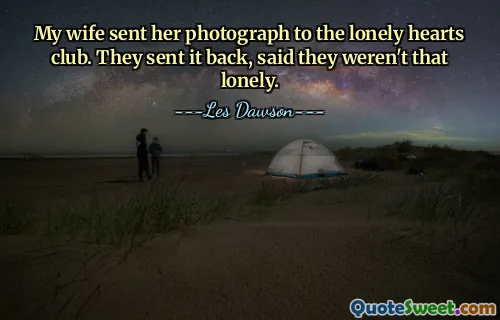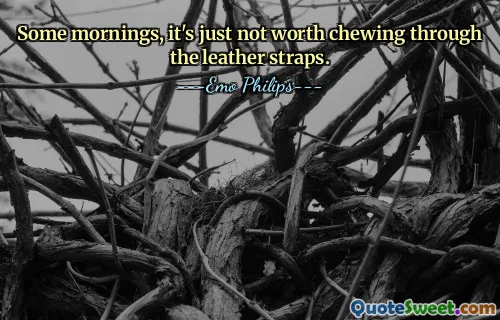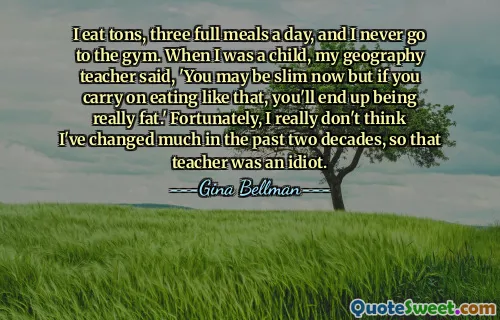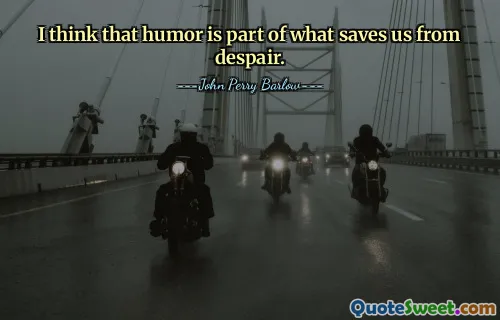Albert and I would spend hours and hours looking at them. Cleo had this big magnifying glass on his desk, and we'd find centipedes and grasshoppers and beetles and potato bugs, ants . . . and put them in a jar and look at them. They have the sweetest little faces and the cutest expressions. After we'd looked at them all we wanted to, we'd put them in the yard and let them go on about their business.
In "Fried Green Tomatoes at the Whistle Stop Cafe," the narrator recalls countless hours spent with Albert examining various insects and small creatures. Using a large magnifying glass belonging to Cleo, they explored the intricate details of centipedes, grasshoppers, beetles, and ants, marveling at their tiny faces and distinctive expressions. This hands-on experience with nature fostered a sense of wonder and curiosity in them, highlighting the beauty found in the smallest of creatures.
After studying these insects, the children would release them back into their natural environment, allowing them to continue their lives. This act of letting go emphasizes a deep respect for nature and the creatures within it. The bond forged during these explorations speaks to the joys of childhood curiosity and the innocent pleasure of learning about the world around them.





